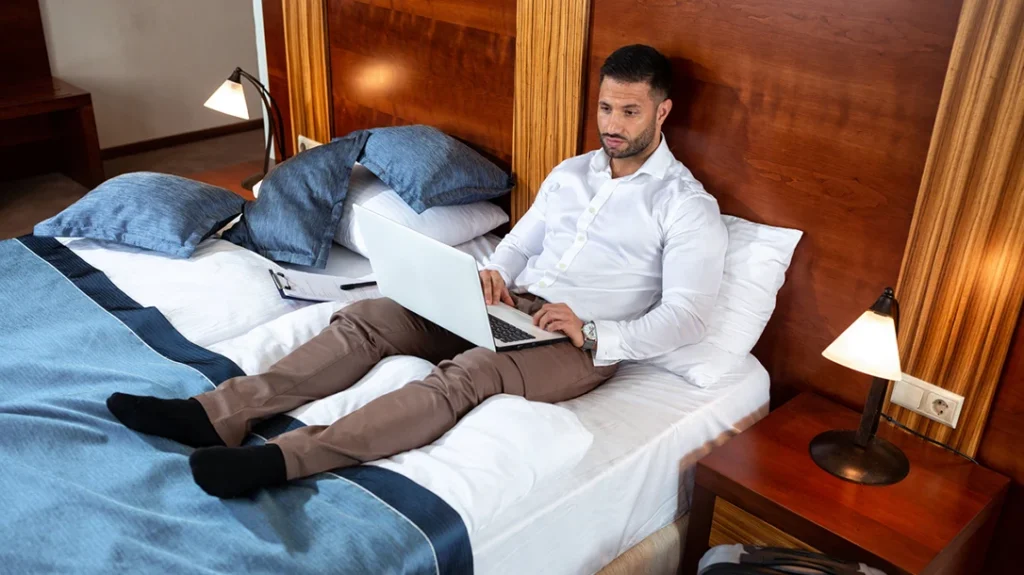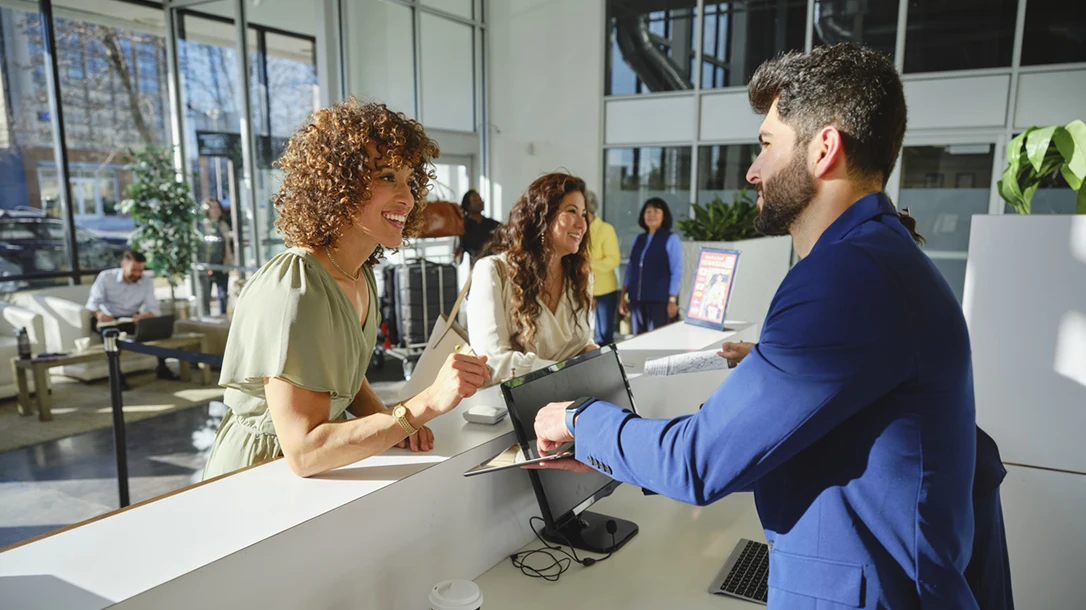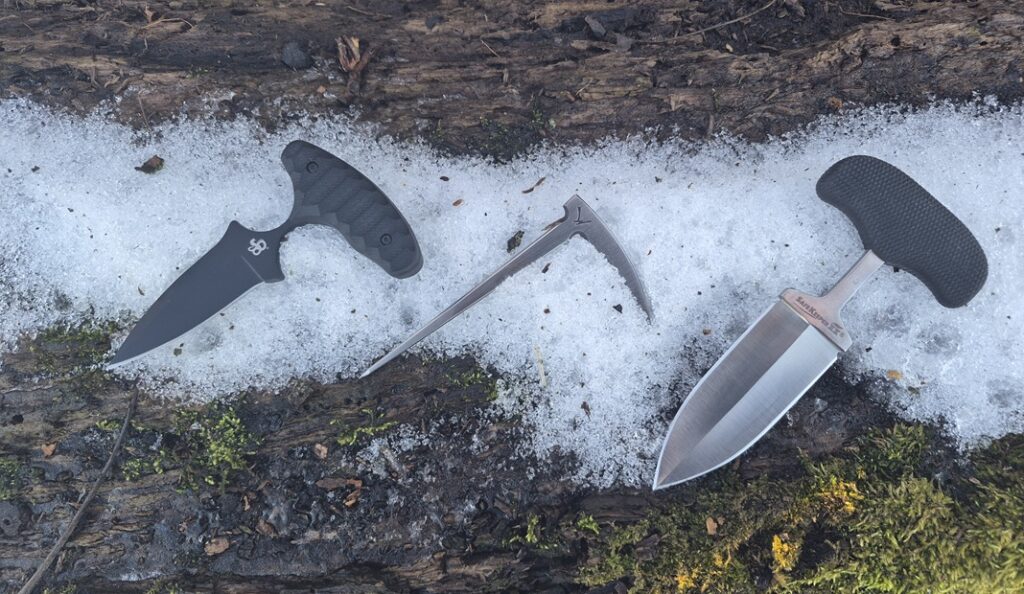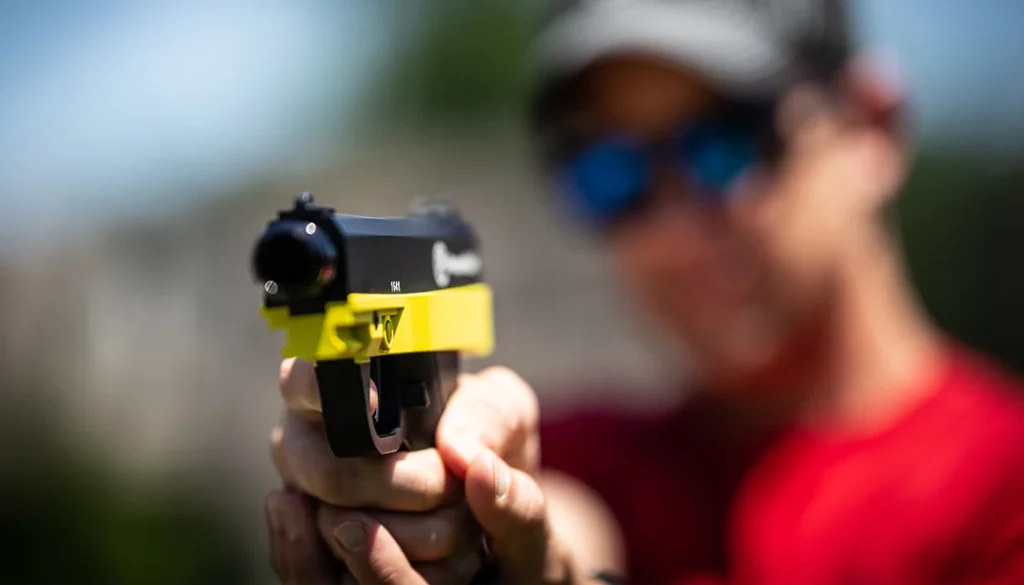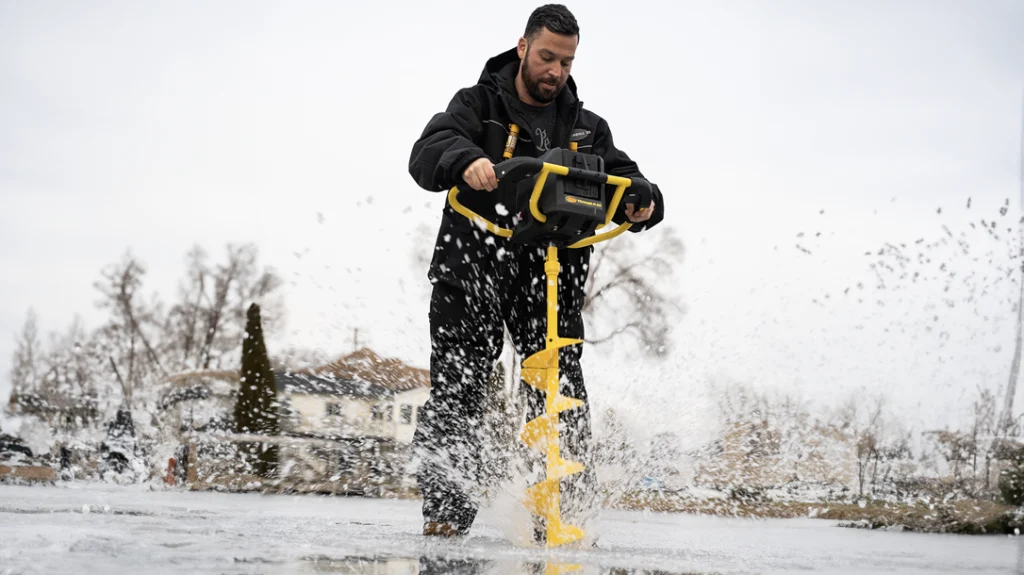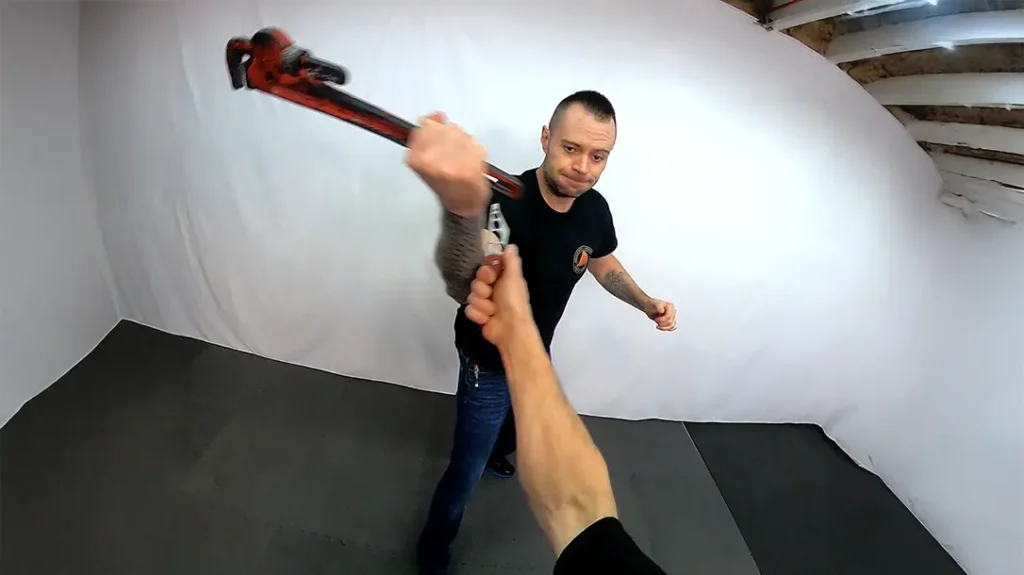For the most part, when away on vacation or out of town on business, you’ll need a hotel room. Hotel rooms run the gamut from cheap and outdated to high-end with all the luxurious amenities. However, there’s one priority that every hotel guest needs to take when checking in, and that’s taking safety measures during their stay.
Maintaining Safety During a Hotel Stay
Scenarios such as break-ins, impostors at your door, room theft, and even targeting by staff can occur when you visit a hotel. The key to countering them is to understand how each occurs and take steps to prevent it. Your lessons start here for a stress-free trip when far from home.
Research The Location
This is one safety precaution that begins far before you arrive at your hotel destination. The lure of a great online deal or a last-minute price decrease for a room may be enticing, allowing you to save some money. However, this “great deal” may not be in the best neighborhood.
Advertisement — Continue Reading Below
A bad location often equates to a seedier element near the hotel. The risk of being followed when you’re walking off property, having your vehicle broken into, and even being harassed while you’re in your room are all possible scenarios.
To avoid serious issues and ensure a comfortable stay, be sure to research your hotel prior to booking. This includes reading reviews (at a search engine level, not on the hotel’s own website), using Google Maps to see what’s nearby, and contacting the hotel for any security features it may have, like outdoor lighting and a secure parking lot.
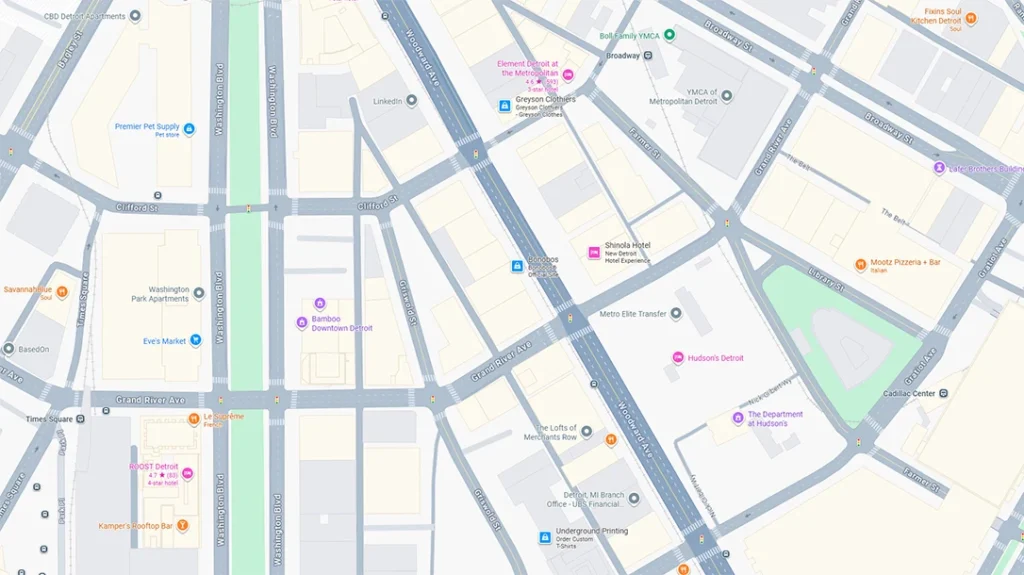
Advertisement — Continue Reading Below
Remember, it’s better to pay a little extra for peace of mind.
At The Hotel Desk
When you check in, the desk clerk will randomly issue you a hotel room number. This could be on any floor and in any position on that floor. However, some rooms are strategically safer than others, and it’s up to you to request the best room possible.
Don’t be afraid to ask questions about the room during check-in. If you don’t like the answers, kindly request another room. Ideally, if the hotel has a significant number of floors, request a room between the third and sixth floors.
Advertisement — Continue Reading Below
This is the “sweet spot” because it’s above ground level, making it inaccessible for anyone intending to do you harm. However, it’s low enough to have a manageable route to escape the building in case of an emergency. A room near a stairway or emergency exit can only work in your favor if you need to evacuate.
Also, if the attendant at the front desk announces your room number aloud with others nearby and listening, quietly ask them to change it for you. If you’re a woman traveling alone or if you’re someone who wears brand-name clothing or carries high-end luggage, you may be susceptible to trouble if someone knows which room you are in.
Finally, be aware of anyone seemingly following you into the elevator and to your floor. They could coincidentally share the same floor as you. But it’s best to always err on the side of caution and let them get off first. You can then go back down to the lobby, wait, and go to your room later.
Advertisement — Continue Reading Below
Arriving in Your Hotel Room
When you first walk into your hotel room, you need to perform a few safety checks before you can relax.
First, look throughout the room for anyone inside. Yes, this may sound odd or even like you’re being paranoid. However, it does happen and could very well happen to you. Look in all rooms, under the bed, behind large curtains, and in the closet. A staff member with access to your room and bad intentions could very well be waiting for you inside.
After determining that all is clear, it’s time to find the safe (more on this later). In addition, check if the door has a secondary chain or slide lock, and cover up the peephole, if there’s one in the front door.
Advertisement — Continue Reading Below
When in your room, always keep the door secure with the extra locking mechanisms. Don’t rely solely on the automatic lock that engages when you close the door. Remember, staff can bypass this to get into your room.
As for the peephole, although many are designed for one-way viewing, don’t assume yours is. Instead, just cover it with a piece of paper to keep any prying eyes off you.
Bring-Alongs
Although you may have already packed too heavily for your trip, some extra additions should make it into your luggage. These items can directly increase your safety while in your hotel room.
Advertisement — Continue Reading Below
First, door alarms. Door alarms come in many different styles, with some performing multiple functions aside from indicating a possible break-in.
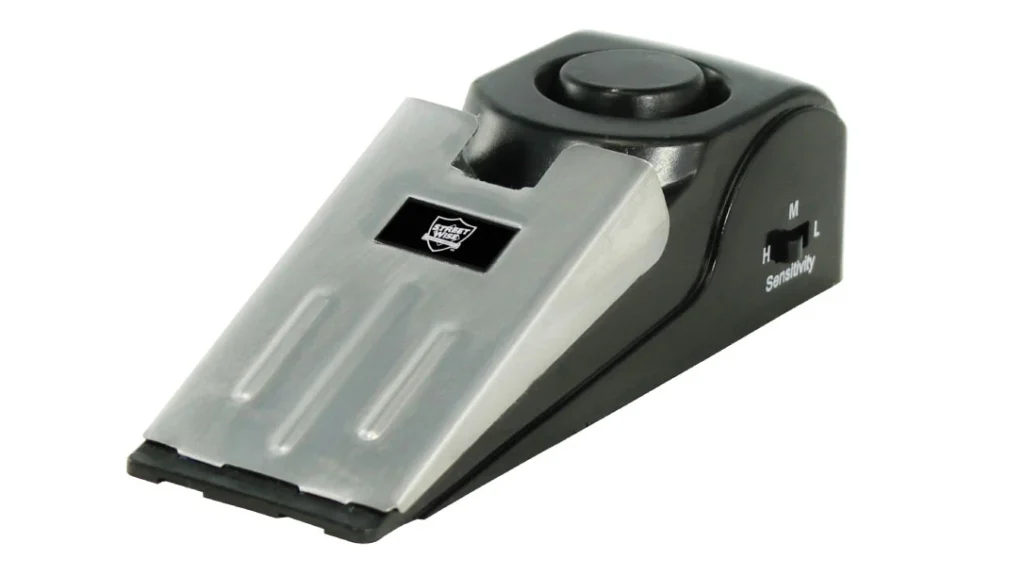
One of the most common is the wedge alarm. This aptly named wedge-shaped device is placed on the ground and pressed up against the bottom of the door. If anyone pushes the door inward, then the wedge will help prevent it from moving and sound a blaring alarm to alert you of the forcible entry.
Another variation is a cane-like device that operates similarly, acting as both an alarm and a doorstop. There’s also an electronic unit that hangs on the inside doorknob, and if anyone touches the outer doorknob, an alarm will be triggered.
You can also enhance your security by investing in devices that can detect hidden cameras or microphones in your room. It’s not a huge investment, but it can give you peace of mind that your privacy will not be compromised.
Stranger At Your Door
Unless you’re expecting company, be cautious of anyone knocking at your hotel room door. First thing, don’t open it. Take a look through the peephole (the one you covered up initially) and see who it is.
If it appears to be a hotel staff member, do not open the door. Instead, ask through the door what they want. They may say they are with maintenance or housekeeping, but don’t take that as fact. Instead, call the front desk and ask if they sent someone to your room. If they didn’t, alert them of the situation.
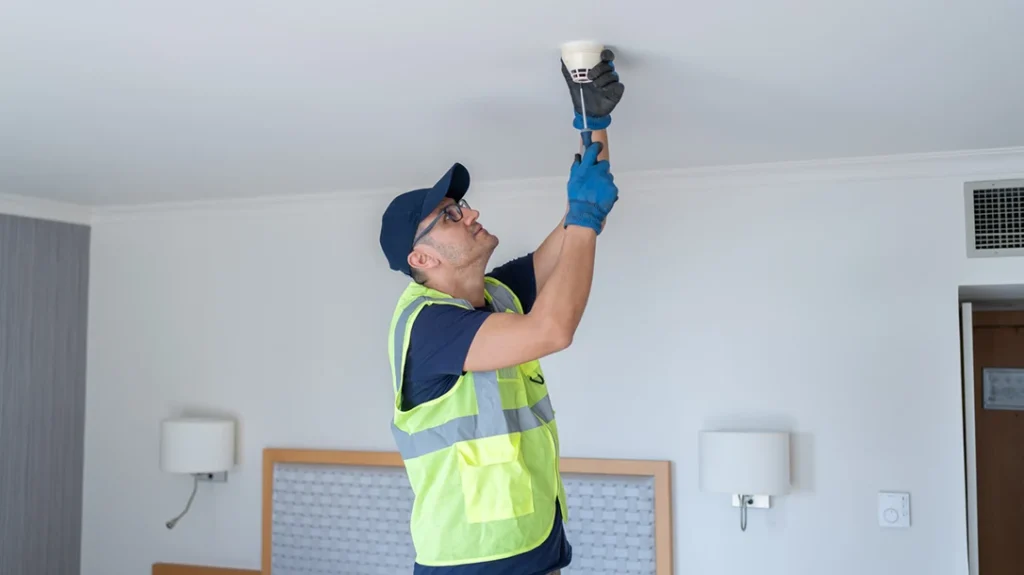
Always remember not to engage in conversation with the stranger and do not give them any personal information about yourself. Don’t give your name, your travel plans, your length of stay, and never say you’re traveling alone. You are the one asking the questions and stick to it. Be firm and direct. If you get the feeling that something isn’t right, don’t ever hesitate to call the front desk or even the police directly.
When You Are Away
You hang the do-not-disturb sign on your door when you leave the hotel room, and believe that no one will enter your room, right? Wrong! That flimsy paper sign will not deter someone from entering your room. Especially a staff member out to fill their pockets with your valuables.
After a few days in the hotel, your movements can be easily traced by sneaky staff. They know if you are traveling alone and know when you come and go. With a room key in hand, they can go in and take some cash, jewelry, or small electronics. They won’t take everything in one shot, but instead skim you in small increments. This way, you may not even notice anything missing until it’s too late.
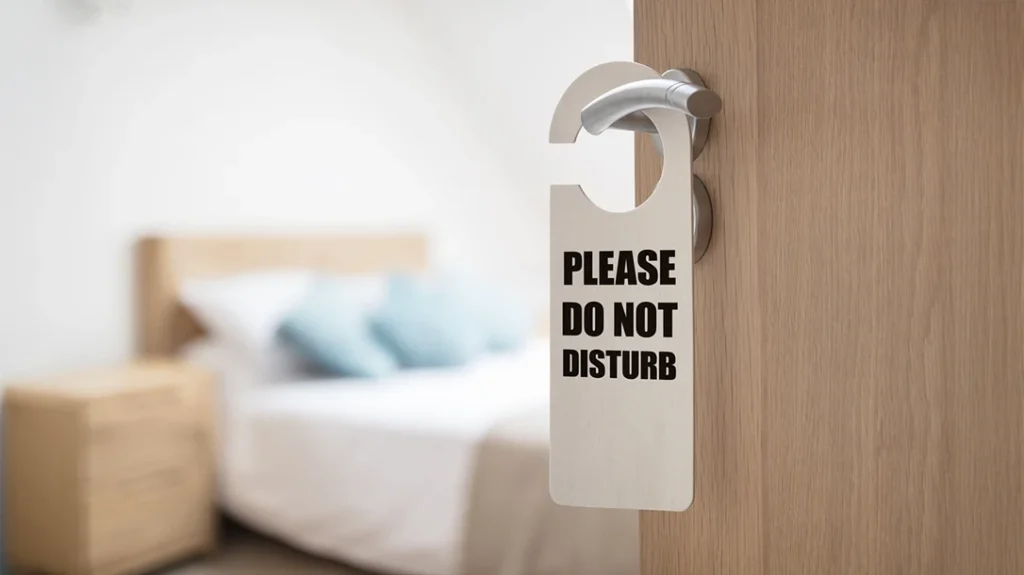
To combat this, never leave anything in your room that you can’t afford to lose. Lock up your valuables in the room safe, or if there isn’t one, take them with you.
There are several ways to “test” whether someone enters your room when you are not there. You can put a folded piece of paper on the door hinge or tucked under the door. When the door is opened, the piece of paper will be in a different location.
You can also place a coin on a specific spot on the floor or countertop. If it was moved, then someone was in your room. Finally, you can tie a long piece of hair between the two zippers on your luggage. If your luggage was opened, then the knot would be severed.
Hotel Wi-Fi, The Good and the Bad
Similar to when you sit in a local coffee shop, hotel Wi-Fi isn’t always the most secure internet connection. As such, you run the risk of your personal information being captured by some non-descript stranger sitting in the lounge or in a nearby room.
When possible, use the hotspot from your own cellphone for internet use. It is password-protected and often offers a stronger signal. Scanning nearby Wi-Fi signals does have its benefits, too.
When in your room, you can scan for oddly named connections. Often, hidden cameras inside your room will be connected to the internet (for transmitting live-feed video), and if you’re lucky, you can detect them in this manner.
Knowing The Emergency Plan
Not all dangers in a hotel center around “bad people.” Fire, earthquakes, tornadoes, and other natural disasters can occur when you’re relaxing in your room. As such, you need to view the hotel’s emergency plan on your first day. Better still, you need to understand what it means.
Almost every hotel room will have the evacuation map posted on the inside of the room’s main door (or adjacent wall, but always near the entrance/exit). Use the map to understand the distance between your room and the two nearest emergency exits, and/or the stairwells. In an emergency, never use the elevator and always take the stairs (unless fire or debris prevents you).
You should not only know where the exits are, but also how many doors away from you they are. This applies if the hallways are filled with smoke or the lights are out due to a blackout or downed power lines. It would also be advantageous to note where the fire extinguishers are on your floor or in your room. Likewise, learn the location of the fire alarm pull-box.
If tornadoes or hurricanes are approaching, secure yourself and your supplies in an inner room, most likely the bathroom, and ride out the storm.
You’re Being Smart, Not Paranoid
Never think that you’re overdoing it when taking safety precautions at your hotel. Most of the safeguards are common sense and take almost no time to implement. It’s also true that the odds are great that none of the things mentioned above will happen to you. However, if you are well prepared, then you’ll enjoy greater peace of mind during your stay.
